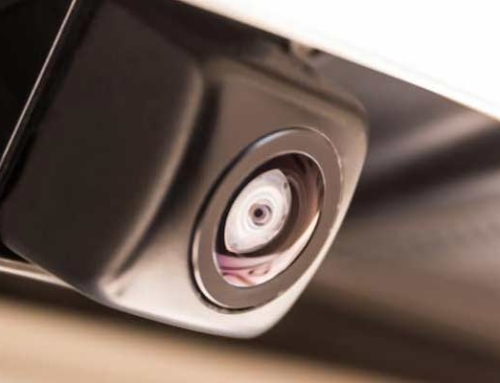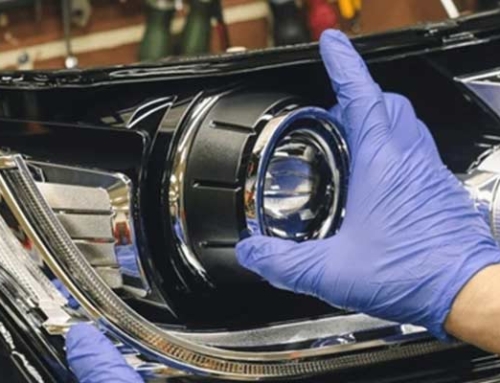
Car alarms have been a staple feature in vehicles for decades, designed to deter theft and protect cars from unauthorized access. However, with technological advancements and changes in criminal tactics, many people question whether car alarms are still worth the investment. In this article, we’ll explore the effectiveness of car alarms in today’s world and whether they remain a valuable asset for vehicle security.
The Evolution of Car Alarms
Car alarms were introduced in the 1970s as a simple mechanism to alert owners and nearby individuals of potential theft or break-ins. These early alarms typically consisted of loud sirens triggered by motion or door sensors. Over the years, car alarm systems have evolved to incorporate more advanced features, including remote monitoring, smartphone integration, and GPS tracking.
Effectiveness in Deterrent
One of the primary purposes of a car alarm is to deter potential thieves from targeting a vehicle. Studies have shown that visible deterrents, such as car alarms, can influence a thief’s decision-making process and make them less likely to attempt a theft. However, the effectiveness of car alarms as a deterrent has diminished over time, primarily due to the prevalence of false alarms and the ability of thieves to bypass or disable them.
Technological Advancements
Despite their limitations, modern car alarm systems continue to evolve with technological advancements. Many newer vehicles come equipped with factory-installed alarms that integrate with the vehicle’s onboard computer system. These advanced systems often include keyless entry, remote start, and tamper detection features.
Integration with Other Security Measures
While car alarms may not be as effective as they once were, they can still be valuable to a comprehensive security strategy. When combined with other security measures, such as steering wheel locks, immobilizers, and GPS tracking systems, car alarms can protect against theft and vandalism.
False Alarms and Nuisance
One of the main criticisms of car alarms is the frequency of false alarms, which can be triggered by innocuous events such as passing vehicles, animals, or even strong winds. False alarms annoy vehicle owners and nearby residents and desensitize people to the sound of the alarm, reducing its effectiveness as a deterrent.
Cost-Benefit Analysis
When considering whether car alarms are still worth it, weighing the cost of installation and maintenance against the potential benefits is essential. While aftermarket car alarm systems can range from a few hundred to several thousand dollars, the value of protecting a vehicle from theft or vandalism may justify the expense for some owners.
Emerging Security Technologies
As technology advances, new security solutions are emerging that may offer more effective alternatives to traditional car alarms. These include biometric authentication systems, facial recognition technology, and advanced vehicle immobilization techniques. While these technologies are still in the early stages of development, they promise to enhance future vehicle security.
Future of Car Security
As technology advances, the future of car security holds promises for innovative solutions that integrate seamlessly with the digital ecosystem. Intelligent alarms with artificial intelligence and machine learning capabilities can adapt to changing threats and anticipate potential security breaches. Furthermore, integration with connected devices, such as smartphones and home automation systems, offers greater convenience and control for vehicle owners. The future of car security lies in leveraging cutting-edge technologies to create comprehensive and adaptive protection systems.
FAQs
Q: Do car alarms prevent all instances of theft?
Car alarms can deter some thieves, but professional criminals may be able to bypass or disable them.
Q: Are factory-installed car alarms more effective than aftermarket ones?
Factory-installed car alarms may offer better integration with the vehicle’s onboard systems, but aftermarket alarms can still provide compelling security features.
Q: How often should car alarm systems be tested?
Car alarm systems should be tested regularly to ensure they function correctly and identify potential issues.
Q: Can car alarms be installed in older vehicles?
Car alarms can typically be installed in older vehicles, but compatibility with existing systems may vary.
Q: Are there any alternatives to traditional car alarms?
Emerging security technologies, such as biometric authentication systems and advanced immobilization techniques, offer alternatives to traditional car alarms and may provide more effective security solutions in the future.
Conclusion
In conclusion, the effectiveness of car alarms as a standalone security measure may have diminished in recent years due to advancements in technology and criminal tactics. However, when used with other security measures, such as steering wheel locks, immobilizers, and GPS tracking systems, car alarms can still provide added protection against theft and vandalism. Ultimately, whether car alarms are still worth it depends on the individual owner’s risk tolerance, budget, and preferences for vehicle security.





